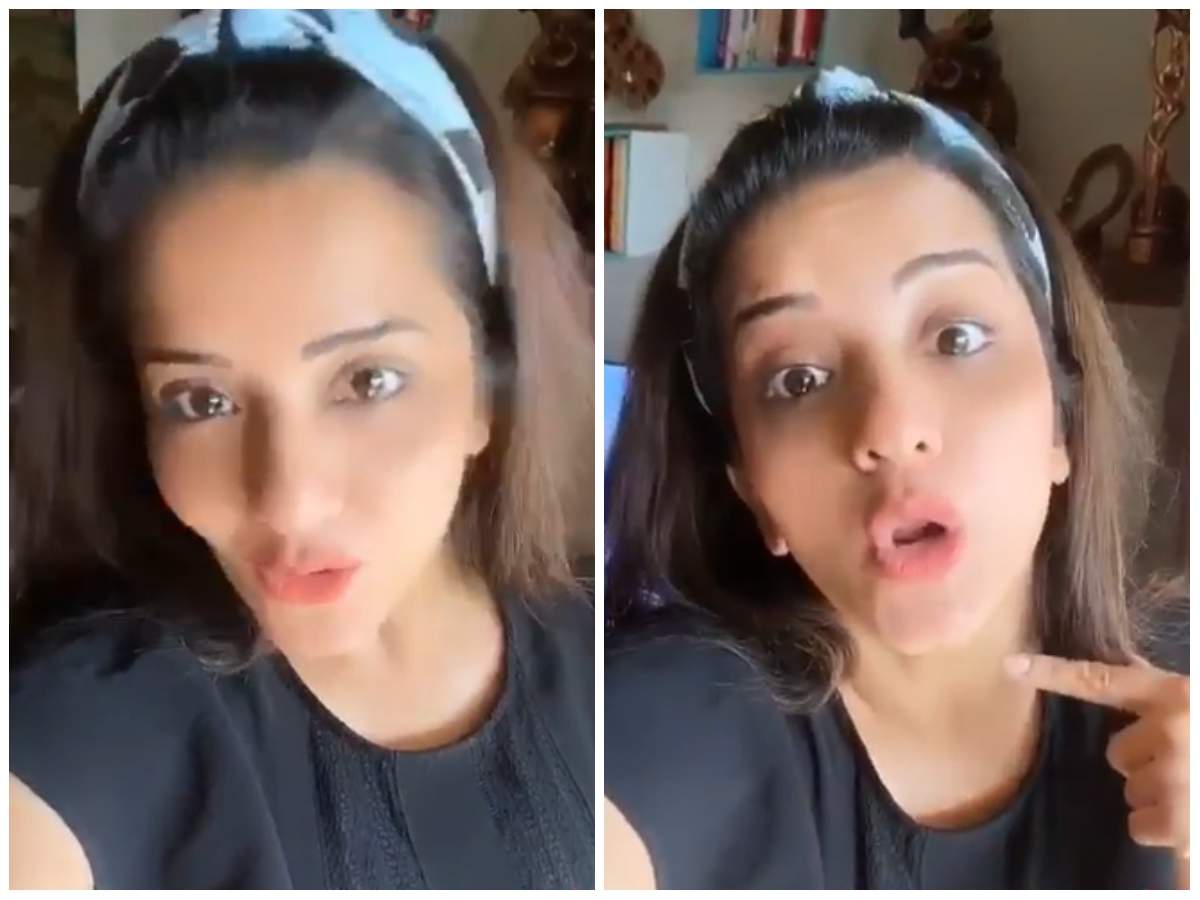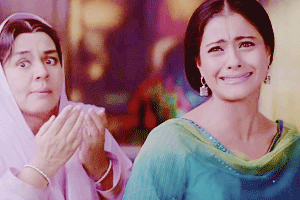

The storyline, the clothes, the dialogues, the characters-they were all extra AF but we loved it. K3G, no matter how problematic, is a piece of cinematic history-and we’ve accepted that.

Go for it.What would the world have been like had Kabhi Khushi Kabhie Gham never released? Would the Bollywood lover be able to survive the lack of iconic-ness? We’re guessing a big no. This is a movie to be seen with one's family. It is an example of Bollywood entertainment at its grandest, and works as such. All in all, Kabhi Khushi Kabhie Gham has bits of everything: drama, melodrama, romance and comedy, all presented wholeheartedly in true Hindi-film style with lots of tears and lots of fun. Hrithik is over-expressive and far more emotional than required, and Kareena, while attractive and quite funny at times, badly overacts. Hrithik and Kareena are unimpressive and inconsistent. Her strong, charismatic presence is perhaps the best thing about this film. She is hilarious in her comic scenes and equally shines in moments of drama. Kajol utterly steals the show and proves her prowess as a gifted comedienne. Shahrukh Khan in a typical, cynical and likable character, is great as always. Towards the end there is one very powerful scene in which she really stands out (you'll know which one). Jaya Bachchan is superb as the subservient yet strong woman. Where acting goes, Amitabh Bachchan is restrained and displays well the hidden pain and the visible pride.

Needless to say, the chemistry between the two leads, Shahrukh Khan and Kajol, is as electrifying as ever. My favourite song is "Suraj Hua Maddham", a greatly melodious number wonderfully performed by Sonu Nigam and Alka Yagnik and extremely beautifully shot across some breathtaking locations. The comedy provides great relief and lightens the otherwise more-than-enough drama, and the music is extraordinary. The cinematography is good, the sets are extremely lavish, and the narrative is effectively laden with numerous songs and many memorable moments of comedy and drama. Some of the film's too emotional scenes could have been better edited and partly cut. It depicts both the Indian traditional world and the western modern world and tries to bring them together in many instances.

The film shows both the bright and dark sides of happy families, and while it never breaks new ground, never looks totally authentic, it is always entertaining in spite of its flaws. Even the least emotional scenes are accompanied by orchestrated violins, heavy piano and strikingly sad pictures on-screen. The well defined and written characters are used to create and present all these qualities. The film is about relationships in family, about loving your parents and your family, about pride, values and regret. It combines realism and surrealism, comedy and heavy melodrama in a very unique style, which makes for an altogether colourful picture which is fun to watch. It is one of the few films where overacting seems superb acting and overly melodramatic proceedings, despite being very cheesy and occasionally clichéd, become quite bearable. It is incredibly unrestrained and stormy in its emotional quotient, and yet so watchable, enjoyable and at times even pleasurable, that you can't but applaud to this spectacular show. Karan Johar's Kabhi Khushi Kabhie Gham is one of the most ravishing, grandiose and melodramatic Hindi films ever made.


 0 kommentar(er)
0 kommentar(er)
